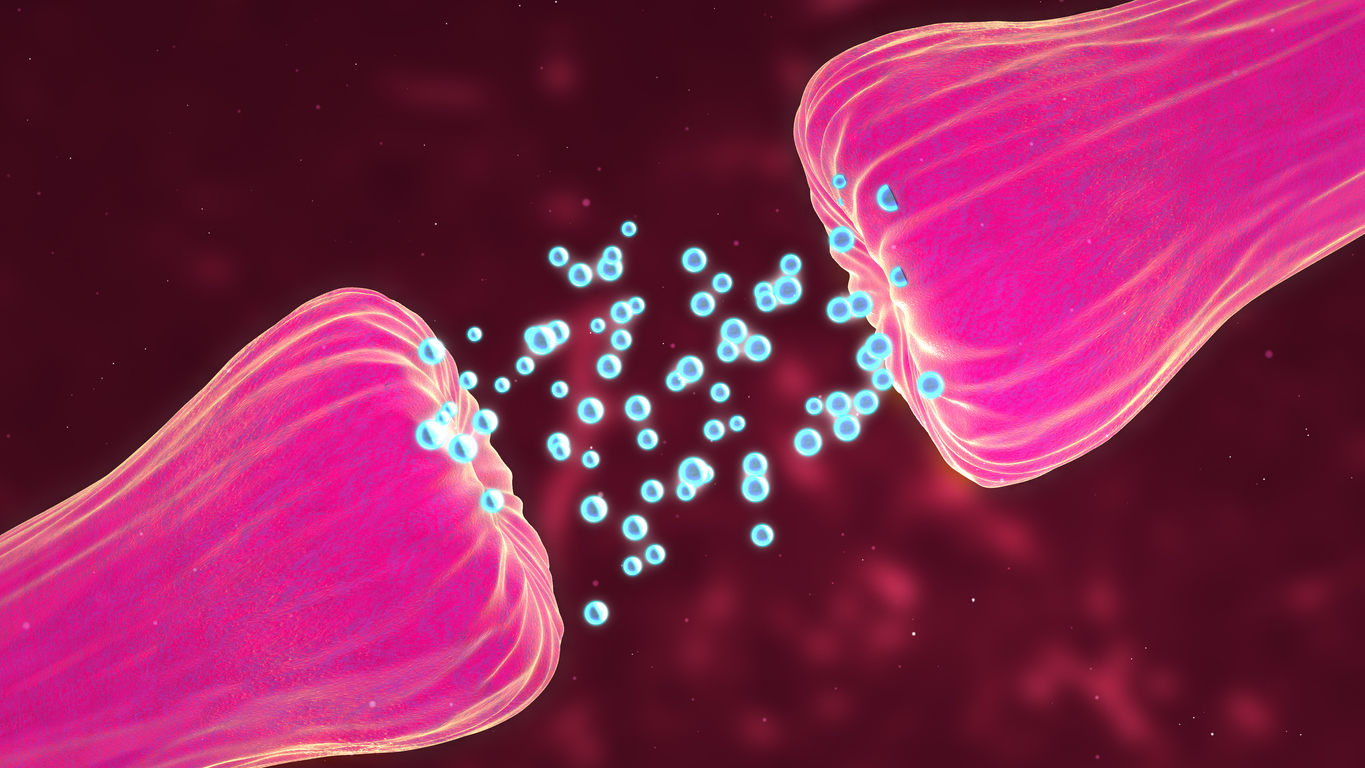According to a research published in the journal Addictive Behaviors, people who used LSD (commonly known as “acid”) and Salvia Divinorum in the previous year are more likely to develop depression and/or suicidal ideation the following year.
When paired with psychotherapy in a strictly controlled context, several hallucinogens have showed promise in the treatment of a wide range of mental health conditions in humans. However, population-based studies looking at the link between hallucinogen use and mental symptoms have produced mixed results.
According to the authors of the new study, the majority of previous research has focused on hallucinogen use throughout a person’s life. They claimed that looking at hallucinogen use throughout the prior year would allow for a more precise study of any potential links.
Current Study.
Clinical research on the mental health benefits of various hallucinogens has expanded in recent years, according to Kevin Yang, a fourth-year medical student and incoming psychiatry resident physician at UC San Diego.
The majority of these tests were done under clinical supervision, with positive results. The researchers were curious about the links between recreational or non-clinical usage of various hallucinogens and mental health outcomes in the general public.
The researchers based their findings on data from the National Study on Drug Use and Health (NSDUH), a nationally representative yearly cross-sectional survey of non-institutionalized individuals in the United States. The sample has a total of 241,675 adults.
Participants were questioned about their use of AMT (-Methyltryptamine), DMT (dimethyltryptamine), “Foxy” (5-MeO-DIPT), ketamine, LSD, salvia divinorum, and ecstasy or “Molly” as part of the study (MDMA). Individuals were also questioned if they had experienced depressive symptoms or seriously considered suicide in the previous year as part of the NSDUH survey.
Findings.
Researchers discovered that several of the drugs were linked to an increased risk of depression and/or suicidal ideation and behaviour.
Adults who had used LSD, salvia divinorum, DMT, AMT, or Foxy the year before were more likely to experience depression and/or suicidal ideation the following year. Ecstasy/MDMA (commonly known as Molly) on the other hand, has been discovered to have the opposite effect. According to this study, different hallucinogens may have varying adverse effects and/or risk factors when used by individuals outside of medical settings.
Limitations and further study.
However, the current study has serious limitations, just like any other study. Yang and his colleagues were unable to explore past-year use of psilocybin, peyote, and mescaline since the National Survey on Drug Usage and Health only asked about lifetime use. Furthermore, the findings are purely correlational.
It is hard to conclude causation or timing because this was a cross-sectional study, which begs the question, “Which came first, the chicken or the egg?” Although hypothesised, for example, that LSD use was linked to a higher rate of depression the prior year, was depression caused by LSD use, or were adults with depression more likely than the general population to use LSD (for example, as self-medication)? Another exciting area of research is to see if the frequency or intensity of psychedelic usage influences the observed connections. This is an important topic of research that should be investigated further.
In the context of increased clinical research, media attention, and possibly decriminalisation of certain hallucinogens in specific cities and states in the United States, it is possible that tolerance and use of these substances may grow.
Story Source: Original story can be found at PsyPost. Note: Content may be edited for style and length by Scible News.
Reference
Yang, K., Han, B. and Palamar, J., 2022. Past-year hallucinogen use in relation to psychological distress, depression, and suicidality among US adults. Addictive Behaviors, 132, p.107343. DOI: 10.1016/j.addbeh.2022.107343





